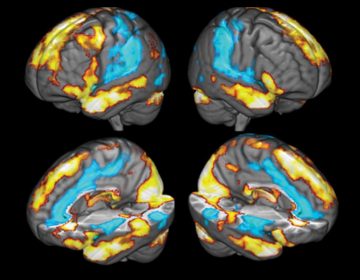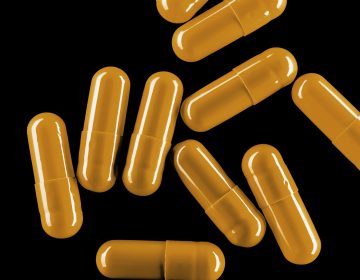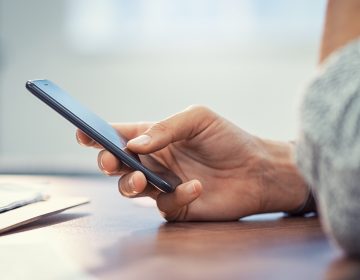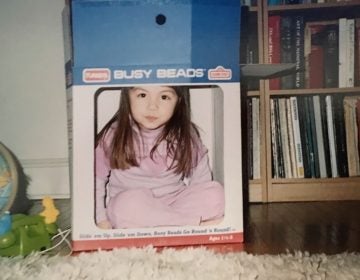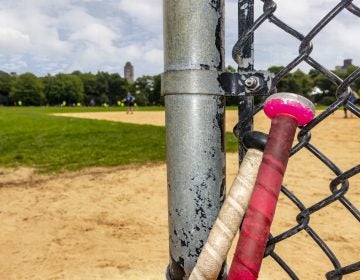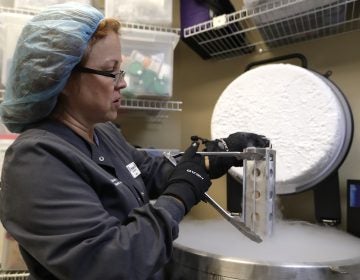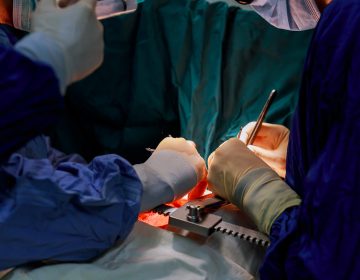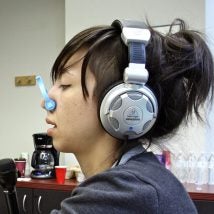
Liz is a health and science reporter working on WHYY’s The Pulse. Liz is a recent radio convert, whose interests include social determinants of health, watchdog journalism, and all things related to the brain. Before coming to WHYY, Liz spent seven years as a music writer in Beijing.
More from the Contributor
Your brain on gratitude: How a neuroscientist used his research to heal from grief
Gratitude journaling, it turns out, transformed the neuroscientist’s grief — and likely his brain
6 years ago
Listen 10:42The police experiment that changed what we know about foot patrol
What works in policing high-crime areas, and what doesn't?
6 years ago
Listen 12:06Deepfakes: What are they and should we be worried?
Machine learning is democratizing special effects — and that might be a bad thing.
6 years ago
Listen 13:04Could fecal transplants help treat mental illness?
How emerging microbiome science is pointing the way toward an innovative approach.
6 years ago
Listen 12:58Could texting be making us worse at understanding science?
Scientific material requires the brain to process complex relations between concepts, between ideas, a Penn State researcher says.
6 years ago
Rediscovering fun: Why grown-ups need to play
Playing doesn't end with childhood. It's important for adults too, just in a different way.
6 years ago
Listen 12:31Does the moon affect bipolar disorder?
Science has largely debunked the idea that the moon influences our behavior — but recent research is questioning that modern wisdom.
6 years ago
Listen 17:08For special needs adults, a league of their own is coming to Philadelphia
For young adults with autism, services can be hard to come by. But Alternative Baseball offers a chance for socializing and skills development.
6 years ago
In Pennsylvania, ‘deaths of despair’ are 50% higher than the national average
Deaths connected to suicide, drugs, and alcohol are soaring among millennials nationwide, and hitting Pennsylvania especially hard.
6 years ago
Failing up: How one med student came back from a first-year setback
Intense competitiveness — and the flip side of the coin, fear of failure — is part of the culture at medical school.
7 years ago
Listen 10:45After IVF, what happens to remaining embryos?
A look at the tough choice fertility patients face — and what that’s meant for thousands upon thousands of unused embryos.
7 years ago
Listen 9:40Penn researchers find transplant potential in hepatitis C-positive hearts
Organs that once would have been rejected were successfully used in uninfected patients by Penn surgeons in a clinical trial.
7 years ago


